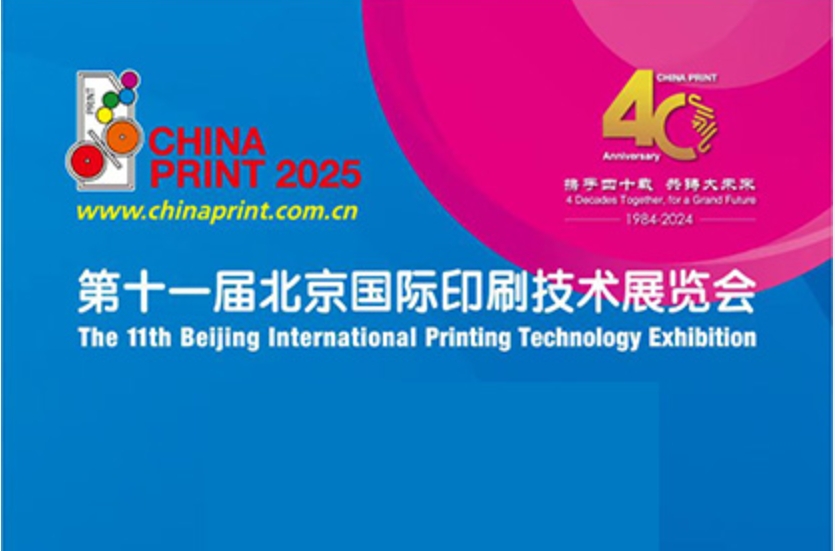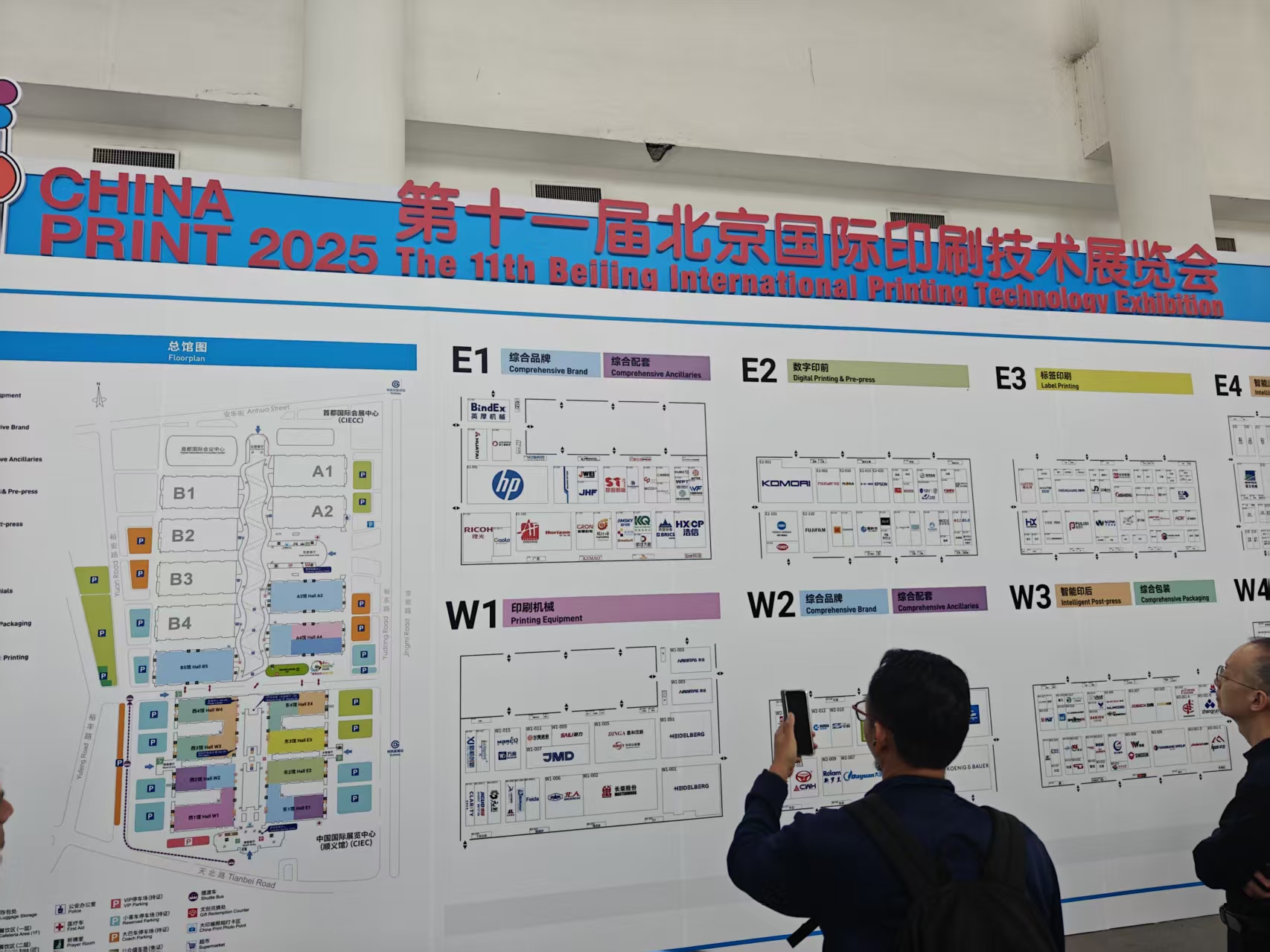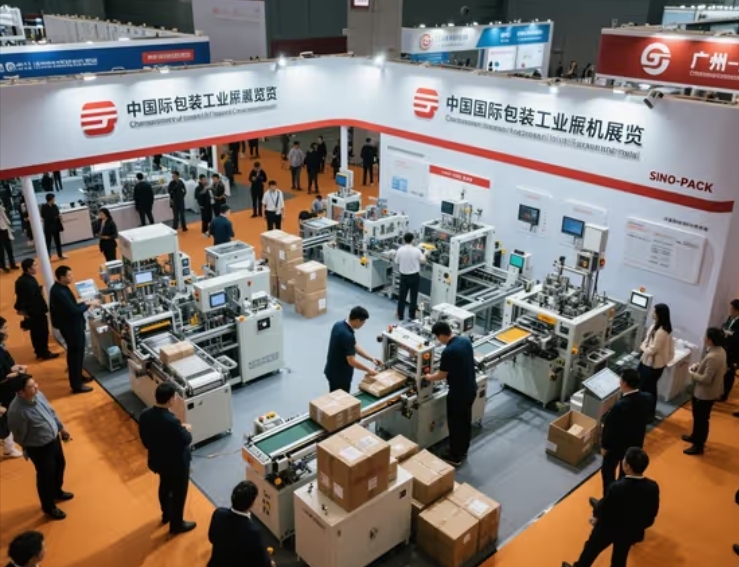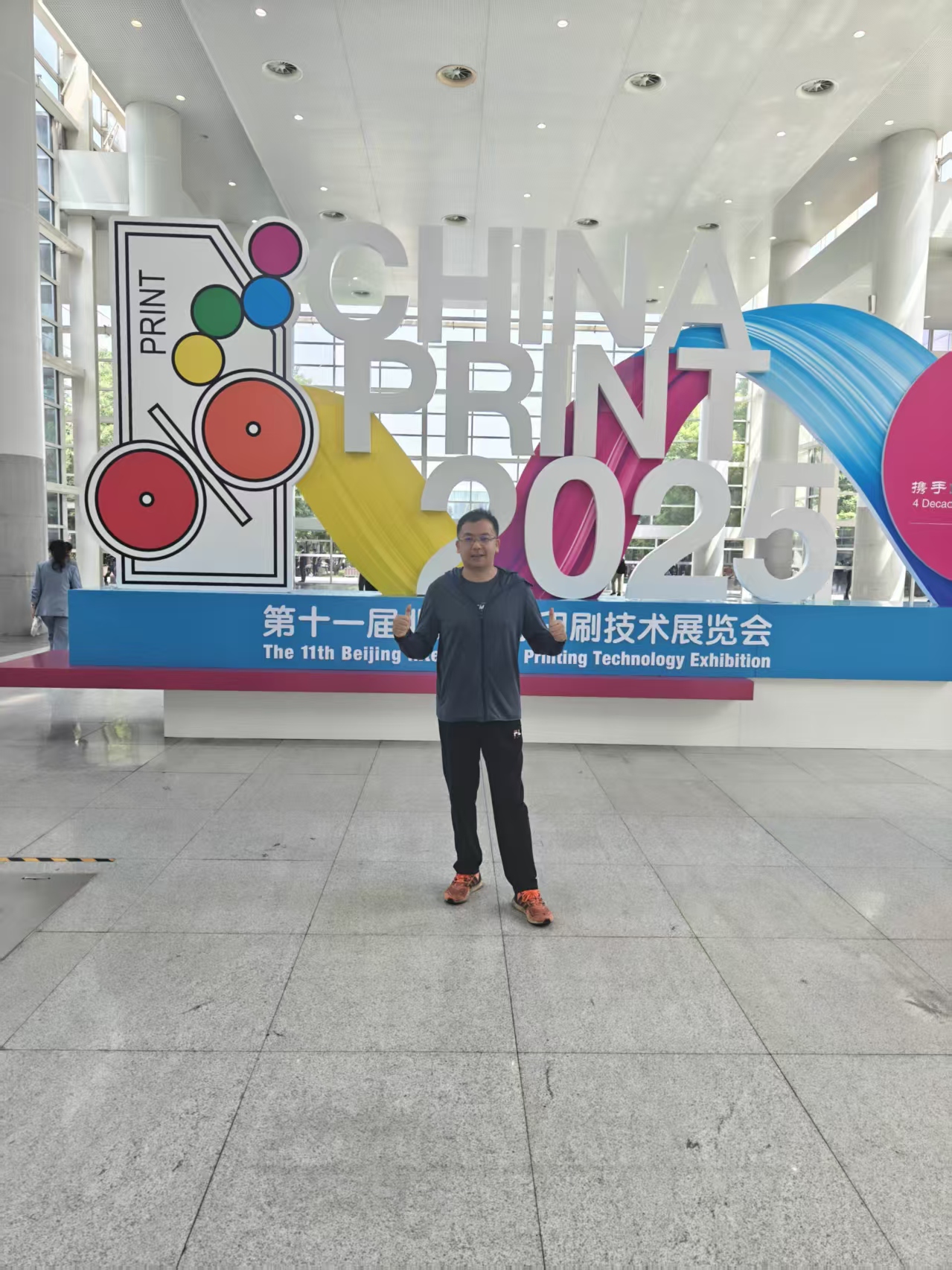Will China Print 2025 Transform the Future of Packaging Machinery?
The printing and packaging industry stands at a crossroads. With China’s printing market reaching RMB 1.44 trillion in 2023, manufacturers face unprecedented pressure to innovate or fall behind.
China Print 2025, scheduled for May 15-19 at Beijing’s exhibition centers, will showcase revolutionary advances in post-press packaging machinery, featuring over 1,300 exhibitors across 180,000 square meters of cutting-edge technology demonstrations.

As someone who has witnessed the evolution of packaging machinery for over two decades at Kylin Machine, I understand the challenges you face. The question isn’t whether change is coming—it’s whether you’re prepared for it.
How Will Digital Transformation Reshape Your Production Line?
The industry’s shift toward automation creates both opportunities and uncertainties. Traditional manufacturers worry about obsolescence while forward-thinking companies embrace the change.
Digital printing integration, automated production lines, and AI-driven quality control will become standard requirements, not luxury additions, fundamentally changing how rigid box and book cover manufacturing operates.

At Kylin Machine, we’ve observed this transformation firsthand. Our Ky-500 rigid box machine now incorporates smart sensors that detect material inconsistencies before they become quality issues. The integration of robotic spotters with traditional machinery has increased production efficiency by 40% for our clients.
The convergence of digital technologies means your machinery must communicate seamlessly. Smart workshops aren’t science fiction—they’re operational reality. Our hybrid systems combine the reliability of mechanical precision with the intelligence of digital monitoring. This approach allows manufacturers to maintain quality standards while scaling production to meet growing demand.
Consider the implications for your business model. Equipment that once required manual oversight now operates with minimal intervention. The labor shortage affecting many regions becomes less critical when machines handle repetitive tasks autonomously. However, this shift demands investment in training and infrastructure that many companies find daunting.
| Traditional Approach | Digital Integration | Hybrid Solution |
|---|---|---|
| Manual quality checks | Automated sensors | AI-assisted verification |
| Fixed production speeds | Variable optimization | Adaptive throughput |
| Reactive maintenance | Predictive analytics | Preventive scheduling |
| Isolated machines | Connected systems | Integrated workflows |
What Global Opportunities Await Forward-Thinking Manufacturers?
Expansion beyond domestic markets presents both promise and complexity. Many manufacturers hesitate due to regulatory differences and cultural barriers.
Chinese printing enterprises are expanding globally, creating demand for standardized machinery that meets international quality requirements while maintaining cost competitiveness.

Our experience serving over 2,500 customers across 20+ countries reveals consistent patterns. Success requires understanding local preferences while maintaining universal quality standards. The Ky-430A auto rigid box machine exemplifies this approach—engineered for global standards yet adaptable to regional requirements.
Market expansion isn’t just about selling existing products internationally. It involves developing solutions that address diverse packaging needs. European markets prioritize sustainability features, while Asian markets focus on production speed. North American customers emphasize automation capabilities. Understanding these nuances determines success or failure in global ventures.
The regulatory landscape varies significantly across regions. CE marking for European markets, UL certification for North America, and local safety standards elsewhere create complexity. However, manufacturers who navigate these requirements gain competitive advantages. Compliance becomes a barrier to entry that protects established players while challenging newcomers.
Distribution networks play crucial roles in international success. Local partners understand cultural preferences and regulatory requirements better than distant manufacturers. Our distributor network spans the Middle East, India, Turkey, Korea, Portugal, UK, USA, Canada, and Italy, providing insights that inform product development and market strategies.
Why Is Sustainable Manufacturing No Longer Optional?
Environmental concerns drive regulatory changes and customer preferences. Companies that ignore sustainability face increasing market pressure and compliance costs.
Green practices must integrate throughout the entire lifecycle—from eco-friendly raw material production to environmentally responsible printing processes, product use, and recycling—making sustainability a competitive necessity rather than optional consideration.

Sustainability affects every aspect of machinery design and operation. Energy efficiency reduces operational costs while meeting environmental standards. Material waste minimization improves profitability while supporting ecological goals. Our Ky-460 glue spray machine demonstrates this principle—precise application reduces adhesive waste by 25% compared to traditional methods.
The circular economy concept influences packaging design requirements. Machinery must accommodate recyclable materials and biodegradable adhesives without compromising quality. This shift challenges traditional approaches but creates opportunities for innovative solutions. Companies that develop sustainable capabilities early gain market advantages as regulations tighten.
Customer expectations drive sustainability adoption as much as regulations. Brand owners increasingly require suppliers to demonstrate environmental responsibility. This trend affects the entire supply chain, from raw material sourcing to end-product disposal. Manufacturers who embrace sustainability attract environmentally conscious customers while reducing long-term operational costs.
Watch our demonstration of sustainable rigid box production:
Eco-Friendly Box Making Process
Conclusion
China Print 2025 represents more than an exhibition—it’s a preview of industry transformation that will define the next decade of packaging machinery development.
About Jacob from Kylin Machine
With over 20 years in post-press machinery manufacturing, I’ve helped thousands of businesses optimize their packaging production. Visit www.kylinmachines.com to discover how our innovative solutions can transform your operations.


发表回复